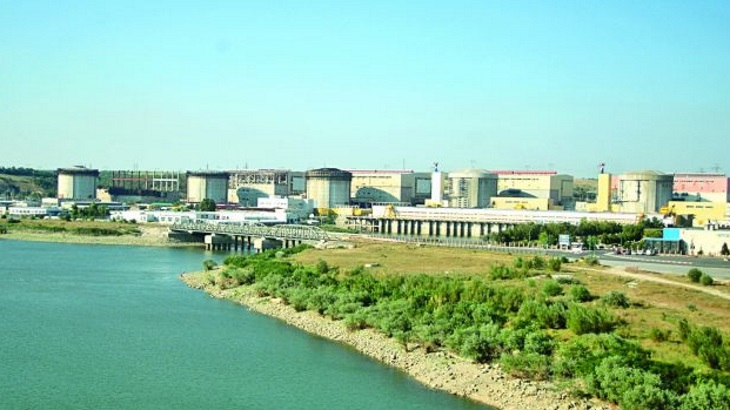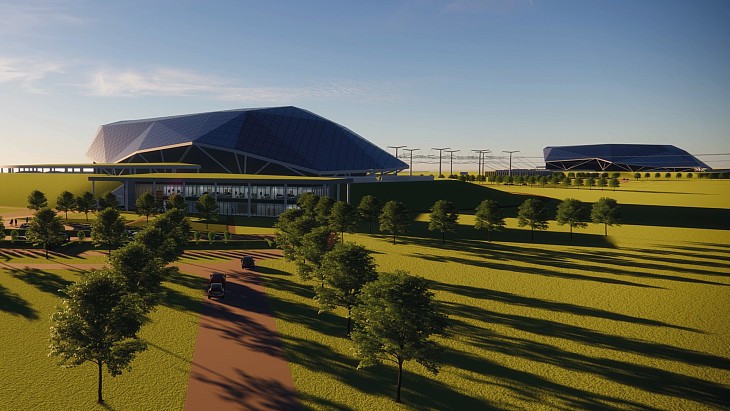Cernavoda is the only nuclear power plant in Romania and consists of two 650 MWe pressurised heavy-water reactors. Unit 1 went into commercial operation in 1996 and unit 2 in 2007. Operator Nuclearelectrica plans to extend the operating life of unit 1 to 60 years. Most of the work on units 3 and 4 - like units 1 and 2, CANDU-6 reactors - was done in the 1980s prior to the fall of the government of Nicolae Ceausescu in 1989. In July 2020, Romania launched a tender for a new feasibility study to complete units 3 and 4.
Welcoming the Senate's vote in favour of the agreement with the USA, Nuclearelectrica CEO Cosmin Ghita said today that the Cernavoda projects were essential to Romania's decarbonisation targets and energy security. He noted that the intergovernmental agreement had already been endorsed by the European Commission.
"From the operator's point of view, time is an important variable in carrying out projects and our goal is to have unit 3 connected to the grid in 2030 and unit 4 in 2031. Thus, Romania will align itself with the states that heavily capitalise on domestic resources to ensure the transition, as well as the energy consumption at sustainable prices considering that, for example, based on international studies, the cost of electricity resulting from the extension of nuclear unit lifetimes is the lowest of all sources, and that of new nuclear projects is considered competitive. Therefore, nuclear projects come with a double advantage: competitive costs and zero CO2 emissions."
The upgrade projects for units 3 and 4 represents "a significant contribution", he said, to the reduction of CO2 emissions, from the 10 million tonnes of CO2 emissions avoided each year currently, to 20 million tonnes after 2031.
The projects will also boost the development of the internal supply chain, creating up to 9000 jobs and stimulating research and innovation in the nuclear industry, he said. An exponential macroeconomic growth effect will follow and help Romani's efforts to retain its highly qualified nuclear specialists, he added.
According to the Senate's website, there were 129 votes in favour of the bill, one against and one abstention. It bill will now be forwarded to Romanian President Klaus Iohannis for his approval.





_19544_40999.jpg)


_66668.jpg)





